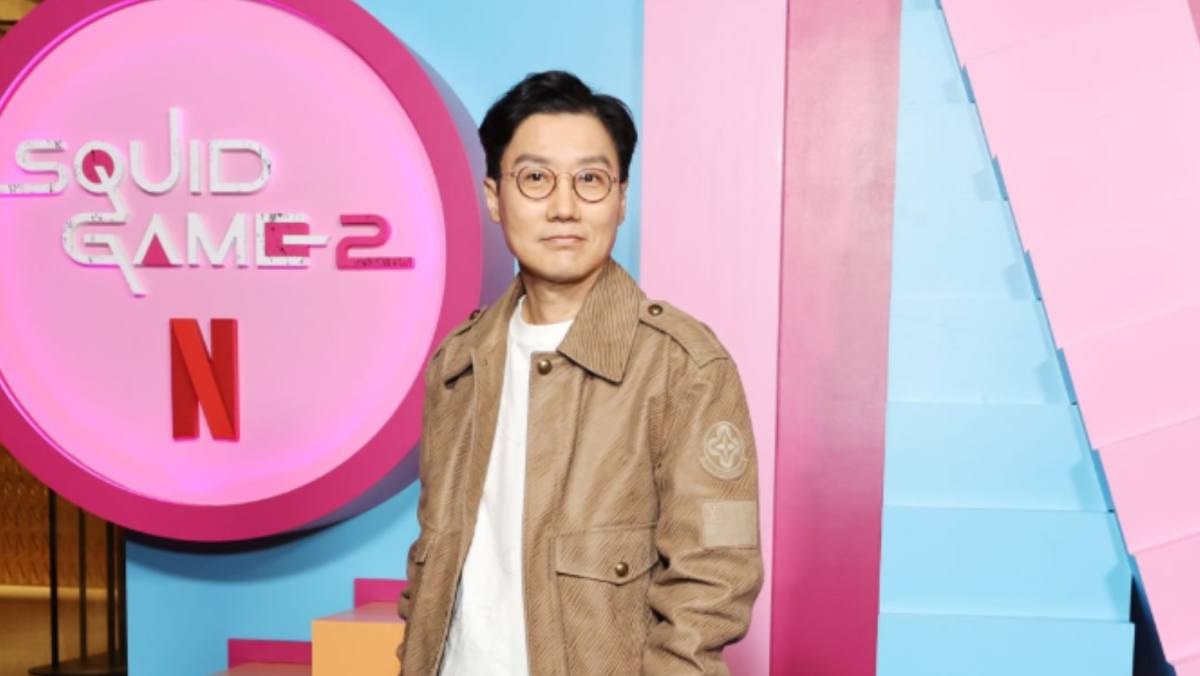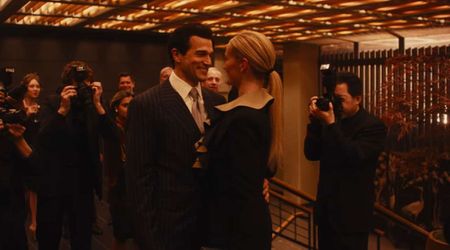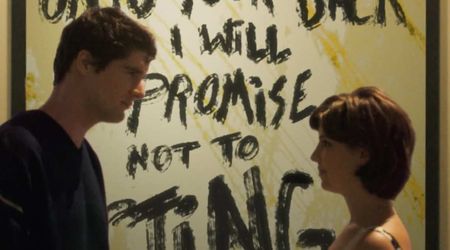Is 'Squid Game' based on a true story? Netflix show hits closer to reality than you’d think

Warning: Graphic content, readers’ discretion advised
Netflix is on a roll these days, with 'Squid Game' season 2 not only reaching the #1 spot in 93 countries but also generating enough buzz to keep fans on edge for the next season. The smash-hit series retains its signature intrigue, using a distinct approach to translate real-world human crises into its deadly games. Of course, there’s no way people are actually confined and mistreated like that in real life—I mean, the prospect seems far-fetched. But as they say, truth is often stranger than fiction, and shockingly, something horrific recently happened in South Korea that bears a striking resemblance to 'Squid Game'.
As South Korea prepared for the 1986 Asian Games and the 1988 Seoul Olympics, the authoritarian government decided to "cleanse" its streets of so-called undesirable elements, as per Pedestrian. This rule reportedly allowed authorities to detain anyone perceived as a vagrant, including individuals without proper identification, people found intoxicated, and even children wandering the streets. Many of these individuals were transported to facilities like 'Brothers Home' in police vans, regardless of whether they were homeless. An investigation later revealed that less than 10% of detainees were without any shelter.
Inside 'Brothers Home', the reality was as grim as fiction, with detainees stripped of their identities, assigned numbers, and forced to wear matching blue tracksuits—eerily similar to 'Squid Game'. Reports describe a brutal environment where victims endured forced labor, torture, and 'torture games' imposed by their captors. Some were made to hold painful positions for hours, while others simply vanished. Rumors of disappearances in Busan and abuse at the facility prompted prosecutor Kim Yong-won to raid it in 1987, leading to the arrest of director Park in-keun. Park served a brief sentence for embezzlement but escaped charges for illegal confinement. In 2022, South Korea’s Truth and Reconciliation Commission confirmed systemic abuse, revealing 657 deaths, police complicity, and the military government’s role, as per the outlet.
Inarguably there are striking resemblances between 'Brother Home' and 'Squid Game,' but writer-director Hwang Dong-hyuk has never admitted to the claim; instead, he made it clear that he is inspired by Japanese comics and animation in a conversation with Variety. "I freely admit that I’ve had great inspiration from Japanese comics and animation over the years," Dong-hyuk said. He continued, "When I started, I was in financial straits myself and spent much time in cafes reading comics, including ‘Battle Royale’ and ‘Liar Game.’ I came to wonder how I’d feel if I took part in the games myself. But I found the games too complex, and for my own work, I focused instead on using kids’ games."

In the same conversation, Hwang described 'Squid Game' as "an allegory or fable about modern capitalist society," aiming to depict "extreme competition, somewhat like the extreme competition of life." He further added, "As a survival game, it is entertainment and human drama. The games portrayed are extremely simple and easy to understand. That allows viewers to focus on the characters, rather than being distracted by trying to interpret the rules.”
While Hwang never admitted to taking inspiration for 'Brother Home,' there is one real incident that is the inspiration behind 'Squid Game.' Hwang drew inspiration from the 2009 Ssangyong Motor strikes, where mass layoffs led to a 77-day worker strike that ended with violent government intervention, as per France 24. Reflecting on this, he stated, "I wanted to show that any ordinary middle-class person in the world we live in today can fall to the bottom of the economic ladder overnight."










